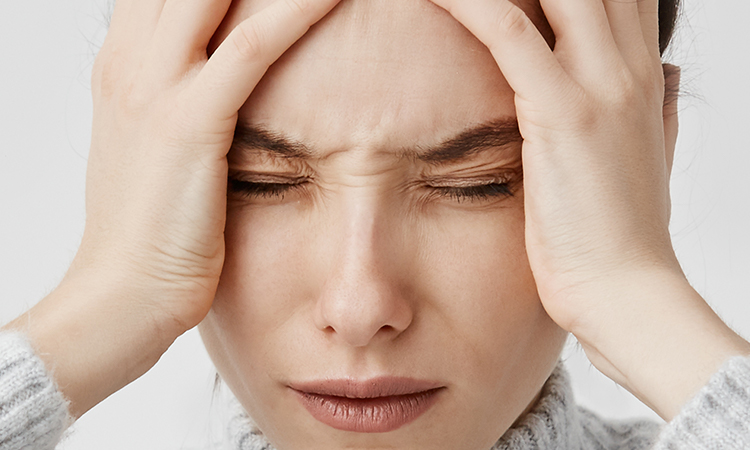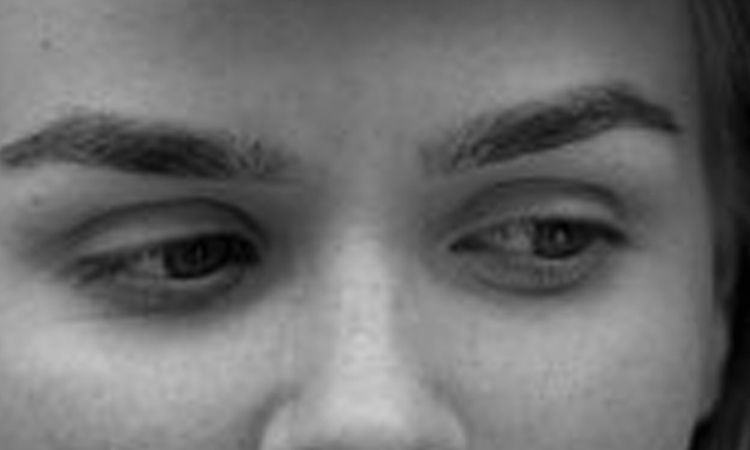Sleep is a complex biological process. It is a reversible state of unconsciousness in which there is a decrease in metabolism and motor activity. There are two different types of sleep: rapid eye movement (REM) sleep and non-REM sleep (NREM). Most young people first enter NREM sleep from a state of drowsiness. NREM sleep (dreamless sleep) is divided into three stages (previous instructions included 4 stages, however, stages 3 and 4 now fall into stage 3).
Stage 1 N1 is the lightest stage, and is marked by the transition from wakefulness to sleep. It is followed by the second stage N2, which comprises the largest proportion of total sleep. Benzodiazepines work by increasing the N2 phase of sleep. Next, the adult enters deep stages of sleep N3 (N3/N4). After about 70 to 80 minutes of deep sleep, sleep subsides, and this is followed by the REM period, which is usually associated with active dreaming and bodily movements. This cycle is repeated at the intervals of about 90 minutes. In the morning there is less stage 3 and 4 sleep and more REM sleep.
The sleep disorders are a group of conditions that disturb normal sleep patterns. Sleep disturbances are one of the most common clinical problems we face. Inadequate or non-restorative sleep can interfere with the normal physical, mental, social, and emotional functioning. Sleep disturbances can affect the overall health, safety, and quality of life. There is a study showing a significant impairment of quality of life in patients with insomnia.
There are many different types of sleep disorders. It can be broadly classified into primary and the secondary. Primary sleep disturbances are caused by autonomic disturbances, while secondary sleep disturbances are caused by various medical and psychological conditions such as depression, thyroid problems, and stroke.
Primary sleep disorders can also be divided into parasomnias and dyssomnias:
Parasomnias are unusual experiences or behaviors during sleep. Sleep terrors disorder, sleepwalking (occurring during the third stage of sleep), and nightmare disorder (occurring during REM sleep) are some of the parasomnias.
Dyssomnias are an abnormality in the quantity, quality, or timing of sleep. Primary insomnia and hypersomnia, narcolepsy, breathing-related sleep disturbance, circadian rhythm sleep disturbance are all different types of dyssomnia. When a person has difficulty falling asleep and/or staying asleep, it is referred to as primary insomnia.
Sleep disturbances are common in both adults and children. However, children with sleep disorders may show different symptoms than adults. Children with sleep problems may display hyperactivity, inattention, irritability, or oppositional behavior rather than outright sleepiness.
Treatment/management
Treatments for the sleep disorders depend on the type of sleep disorder. Insomnia treatment can be broadly categorized into non-pharmacological and pharmacological treatments.

Personality Disorders
Disruptive patterns in mood, behavior, communication with others, and thinking in general can cause significant stress and inability to function.
Adult Eating Disorders
Adult eating disorders are typically triggered by past trauma deriving from a single event or the accumulation of many small traumatic events.
Obsessive Compulsive & Related Disorders
Characterized by patters of unwanted fears and thoughts that lead to repetitive behavior, obsessive-compulsive disorder interfere heavily with daily activities.
Somatic Symptom Disorder
The manifestation of physical symptoms due to mental trauma or illness is a serious matter. This includes the development of chronic pain leading to excessive levels of distress.
Social Communication Disorder
Social communication disorders affect a large number of people today and can be as simple as difficulties in managing eye contact, facial expressions and body language.
Internet Gaming Disorder
Many underlying issues can contribute to internet addiction and gaming disorders, and identifying the underlying issues is the first step in addressing the disorder.
Adult Sleep-Wake Disorders
Issues with sleep are one of the most common clinical problems we face, and can greatly affect the overall health, safety, and quality of life.
Adult Autism Spectrum Disorder
Typical symptoms blamed on autism such as avoidance, hyper vigilance and reduced cognitive ability can also be hallmarks of chronic stress reactions to past trauma.
Adult ADHD (Attention-Deficit/Hyperactivity Disorder)
EMDR Therapy is appropriate for adults wishing to treat Adult ADHD - the therapy is a treatment that helps you change your behavior by changing your troubling thought processes.
I am a Licensed Professional Counselor (LPC) & Mental Health Service Provider (MHSP) in Tennessee
As a licensed Mental Health Services Provider (MHSP) in Tennessee, I work with a variety of adult patients currently experiencing mental health issues. For most clients, I typically recommend both traditional therapies as well as innovative treatment methods like EMDR (Eye Movement Desensitization & Reprocessing. This type of treatment for mental health issues is safe, very effective and can change your life.

Steven Lepley LPC, MHSP
Licensed in Tennessee
I am a Licensed Professional Counselor, Mental Health Services Provider & EMDR Therapist offering virtual telemedicine appointments throughout all of Tennessee.
Ask me about my experience & how I can help you address the challenges you are facing. Call me or text me at 615.330.2659.
